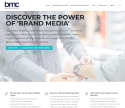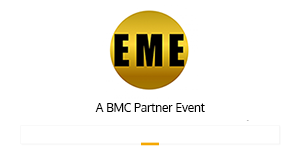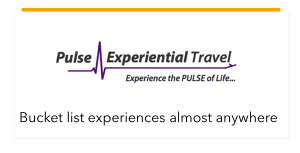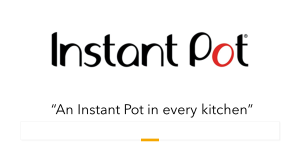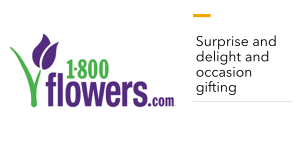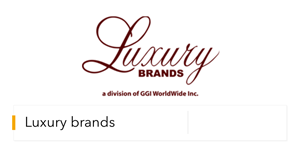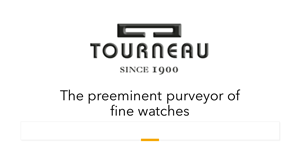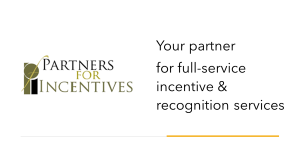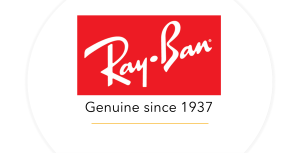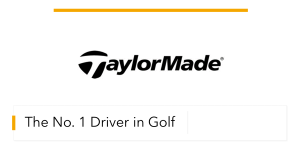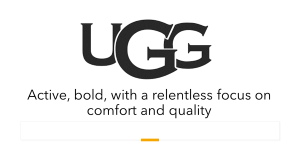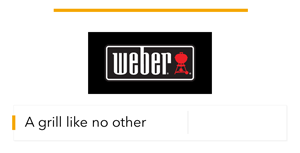2021 Total Rewards Outlook: Pandemic Accelerates Focus on People and the Power of Brands
The need to engage employees, business customers, and supply chain partners working from home is leading to a more strategic approach to Total Rewards, engagement, and loyalty strategies, and a big increase in surprise and delight gifting, employee engagement technology investments, and the selective use of brands as rewards and gifts. A growing number of traditional promotional distributors, marketing agencies, and human capital advisory firms are eying the brand gifting and engagement space as well.
By Bruce Bolger
 For decades, many CEOs said that people were their No. 1 asset, but their actions haven’t reflected it. Neither Gallup surveys of employee engagement nor American Customer Satisfaction Association surveys of consumer satisfaction show any appreciable improvement in decades. Today, the pandemic; pressure from investors, employees, customers, distribution partners, and communities is forcing organizations of all sizes to look more strategically at how they engage people in a clear organizational purpose. This more strategic approach focused on measurement will have a direct impact on Total Rewards and Loyalty strategies.
For decades, many CEOs said that people were their No. 1 asset, but their actions haven’t reflected it. Neither Gallup surveys of employee engagement nor American Customer Satisfaction Association surveys of consumer satisfaction show any appreciable improvement in decades. Today, the pandemic; pressure from investors, employees, customers, distribution partners, and communities is forcing organizations of all sizes to look more strategically at how they engage people in a clear organizational purpose. This more strategic approach focused on measurement will have a direct impact on Total Rewards and Loyalty strategies. 1. The overall Stakeholder Capitalism and Human Capital Management movement continues to gain traction
See ESM: Safe Bet for 2021: Profound Changes in Engagement Strategies. The increasing emphasis on human capital disclosures will spur increased use of more strategic Total Rewards strategies to encourage meaningful brand engagement, i.e., the willingness of people to exert passionate interest in the organization’s interests as people commonly do for political candidates or their local church, synagogue, or mosque. The shift was hastened by the pandemic and also by new Securities & Exchange Commission human capital disclosure requirements now in effect. Organizations reacted to the work-at-home situation with a huge increase in surprise-and-delight gifting and other engagement tactics, and public companies have begun to make human capital disclosures, but so far the actions are mainly reactions rather than a strategic approach.
As was learned in the quality improvement process, success requires is a strategic and systematic approach.
Impacts:
• More emphasis on the use of clear human capital metrics, measurement, and processes to analyze the return on investment and report on engagement and related activities.
• More reporting on human capital activities to regulators and communities.
• More scrutiny on activities with unclear ROI or contribution to organizational purpose and goals.
2. A more strategic approach to Total Rewards
The Stakeholder Capitalism and human capital management movement will increase the need to make a strategic link between the Total Rewards strategy to the organization’s purpose, values, and goals, under the direct oversight of the CEO.
Impacts:
• The opportunity to apply basic human capital management metrics for internal and external disclosures will drive better decision-making related to Total Rewards strategies and to link people investments to bottom-line outcomes.
• Greater focus on job-design will enable organizations to enhance quality, productivity, and work experiences by rethinking jobs in a way to make them more interesting and to encourage job-sharing to improve productivity and quality. This includes strategies to build innovation and continuous improvement into every job.
• Integrated engagement technologies will provide organizations with powerful analytics to make better decisions on how to engage key stakeholders.
3. Loyalty 4.0: A greater emphasis on alignment with organizational purpose, values, and creating an emotional bond
The pandemic has caused many organizations to rethink their loyalty strategies in line with, in many cases, major changes in the lives of their participants, most notably in the travel, dining, and entertainment and related areas. At the same time, there is increasing pressure to demonstrate the return-on-investment of programs that, in many cases, receive little more evaluation than that necessary to make sure participants are getting the expected rewards and experiences. (See ESM: Loyalty 4.0: From Transactional to Experiential and ROI Measurement.)
Impacts:
• A fresh look at how loyalty strategies are aligned with overall corporate purpose and brand story.
• More selective use of brands and experiences to tell that story.
• More measurement related to return-on-investment and/or contribution to organizational goals.
4. Engagement technology and virtual communications to connect the enterprise
The wide dispersion of employees and likely continuation of this trend even after the pandemic already is driving an increased focused on creating a one-to-one digital strategy with each employee and other stakeholders that supports and aligns communication, learning, coaching, feedback, collaboration and innovation, loyalty, rewards and recognition, analytics, etc. on one smart-phone accessible platform or portal.
Impacts:
• Significant increase in use of engagement technologies and/or better integration and alignment of different means of fostering engagement, alignment, and capability across the workplace.
• Companies will enhance the use of engagement portal technology to integrate all their engagement tactics so they’re accessible via smart phones, which have emerged as the universal information hub for almost everyone.
• Increased used of data and analytics from engagement technology platforms will provide empirical information on levels of engagement with information, learning, rewards, diversity, and other elements of the portal to provide meaningful prescriptive analytics.
• When the pandemic subsides, the traditional educational panel discussions at live events will be replaced with more hands-on learning and relationship building and alignment activities that cannot be replaced by video meetings and rooms enabling invaluable connections and learning opportunities without budging from one’s chair.
• Companies will look for digital strategies whenever possible to facilitate learning and commerce and use events more specifically to foster relationship building and hands-on learning, with less emphasis on the traditional sales “road trip”—at least for a while.
• Enterprising solution providers will help clients create their own smart phone “channels” for employees and other stakeholders, essentially engagement portals that address all the levers of engagement in one handy accessible way that provides value for all.
5. Brand engagement to create more ambassadors
The new emphasis on organization purpose spurred by the ESG (environment, social, governance) movement and the power of social media sharing will place a premium on the level of engagement employees and other stakeholders have in the organization’s brand. In the world of social media, the concept of brand ambassadors takes on new meaning.
Impacts:
• Organizations will more selectively use brands in their gifting and engagement efforts to ensure they enhance or at least reflect the values of their own brand.
• More organizations will grasp the importance of engaging all their employees, supply chain partners, and communities in their brand and provide them the tools to become brand ambassadors.
6. Reward experiences will flourish
The increasing influence of Millennials in the workplace and extensive supporting research indicate more focus on how to make gift-giving and rewards more meaningful, both in touching the recipient and reinforcing overall brand values in an enduring, sincere fashion.
Impacts:
• More selective use of brands in gifting and rewards recognition, and loyalty.
• More customization and personalization of presentation; surprise-and-delight gifting.
• More individual or “individualized” travel, meeting, and event experiences with more emphasis on doing, getting to know one another, rather than passively learning.
• The event and travel industry will flourish after the pandemic but will be enhanced with experiences and relationship-building opportunities that cannot be fully cemented in video calls.
7. More focus on professional services
When clients fail to value a ROI-based approach to program design and measurement, it’s hard to sell professional services. When they do, it’s difficult to fake it. Brands and solution providers at every level of the value chain can gain by using information to help clients make better decisions—a capability that will be in increasing demand.
Impacts
• More clients will demand more analytics and return-on-investment metrics to drive better decisions related to which mix of tactics to apply.
• More solution providers will focus on providing useful information organizations can use to make better decisions related to calibrating the engagement mix.
Education, Certifications, and Information to Activate
A complete learning, certification, and information program and a course syllabus for educators.
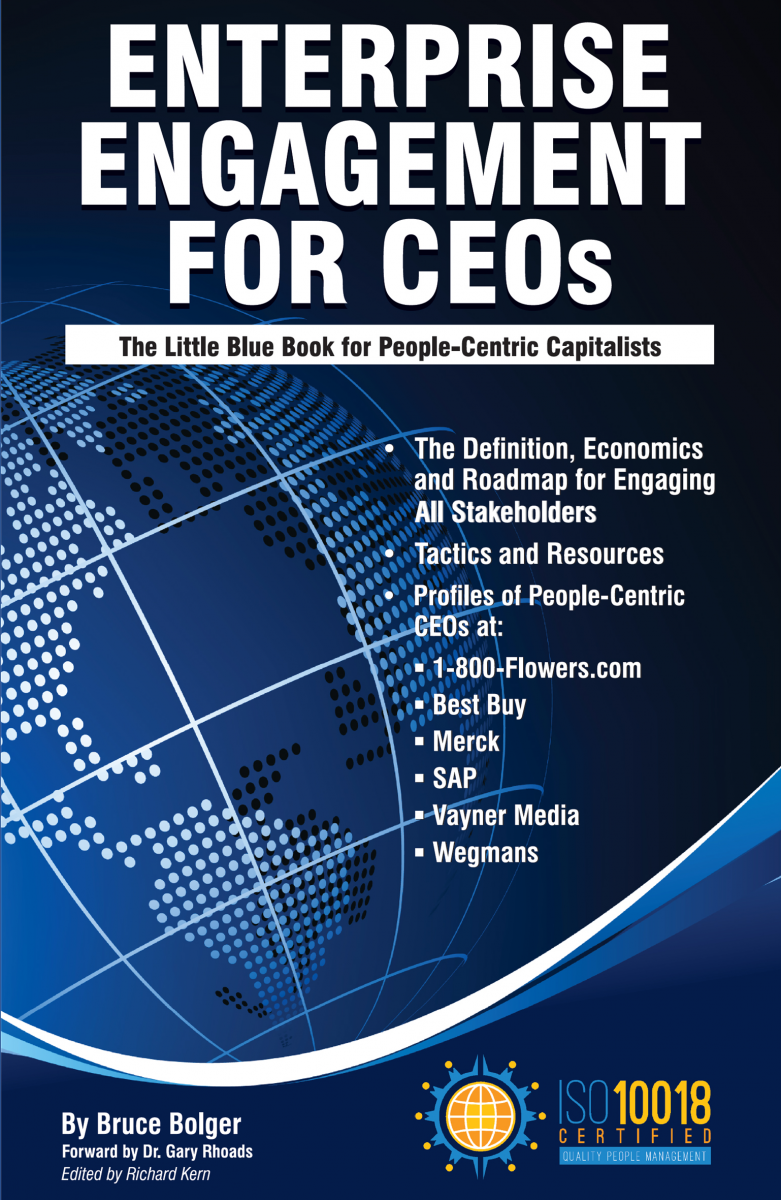

Education, Certifications, and Information to Activate
Brand Media and Enterprise Engagement
A complete learning, certification, and information program and a course syllabus for educators.
Resources: The Brand Media Coalition, the only guide to the story-telling power of brands and where to source them for business, event, promotional gifting, and rewards and recognition. Enterprise Engagement Solution Provider Directory. The only directory of engagement solution providers covering all types of agencies and tactics as well as insights on how to select them.
Communities: The Enterprise Engagement Alliance and Advocate and the Brand Media Coalition free resource centers offering access to the latest research, news, and case studies; discounts, promotions, referrals, and commissions, when appropriate to third-party solution providers from participating coalition solution provider members.
Training and Certification
Enterprise Engagement Alliance Education: Certified Engagement Practitioner; Advanced Engaged Practitioner, and Certified Engagement Solution Provider learning and certification programs on how to implement Stakeholder Capitalism principles at the tactical level.
International Center for Enterprise Engagement: The only training and certification program for ISO 30414 human capital reporting and ISO 10018 quality people management certification.

The EEA offers a complimentary course syllabus for educators.
In Print:
This is the definitive implementation guide to Stakeholder Capitalism, written specifically to provide CEOs and their leadership teams a concise overview of the framework, economics, and implementation process of a CEO-led strategic and systematic approach to achieving success through people. (123 pages, $15.99)

The first and most comprehensive book on Enterprise Engagement and the new ISO 9001 and ISO 10018 quality people management standards. Includes 36 chapters detailing how to better integrate and align engagement efforts across the enterprise. (312 pages, $36.)
Online:
10-minute short course: click here for a 10-minute introduction to Enterprise Engagement and ISO standards from the Coggno.com learning platform.
Services:
• The Engagement Agency at EngagementAgency.net, offering: complete support services for employers, solution providers, and technology firms seeking to profit from formal engagement practices for themselves or their clients, including Brand and Capability audits for solution providers to make sure their products and services are up to date.
• C-Suite Advisory Service—Education of boards, investors, and C-suite executives on the economics, framework, and implementation processes of Enterprise Engagement.
• Speakers Bureau—Select the right speaker on any aspect of engagement for your next event.
• Mergers and Acquisitions. The Engagement Agency’s Mergers and Acquisition group is aware of multiple companies seeking to purchase firms in the engagement field. Contact Michael Mazer in confidence if your company is potentially for sale at 303-320-3777.
Enterprise Engagement Benchmark Tools: The Enterprise Engagement Alliance offers three tools to help organizations profit from Engagement. Click here to access the tools.
• ROI of Engagement Calculator. Use this tool to determine the potential return-on-investment of an engagement strategy.
• EE Benchmark Indicator. Confidentially benchmark your organization’s Enterprise Engagement practices against organizations and best practices.
• Compare Your Company’s Level of Engagement. Quickly compare your organization’s level of engagement to those of others based on the same criteria as the EEA’s Engaged Company Stock Index.
• Gauge Your Personal Level of Engagement. This survey, donated by Horsepower, enables individuals to gauge their own personal levels of engagement.
For more information, contact Bruce Bolger at Bolger@TheEEA.org, 914-591-7600, ext. 230.

.jpg)

